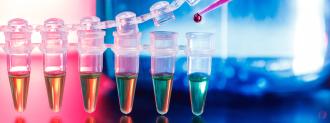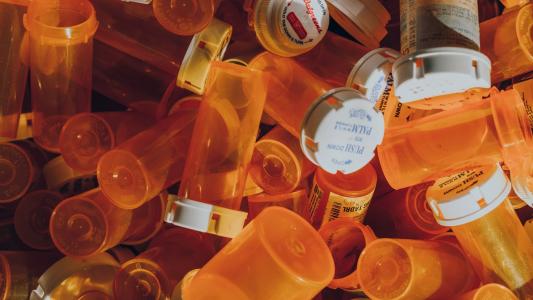Understanding your body’s 24 hour cycle, your circadian clock, has implications far beyond knowing if you can party all night or rise, chipper, with the sun. A body clock out of sync may increase your predisposition towards diabetes, heart disease, or depression, and impact the best time to take medications.
Researchers at the University of Colorado are developing a simple blood test — based on metabolic biomarkers — that they hope will help them to efficiently, easily, and accurately determine just how your circadian clock is set.
“If we can understand each individual person’s circadian clock, we can potentially prescribe the optimal time of day for them to be eating or exercising or taking medication,” said Christopher Depner, an assistant professor of integrative physiology at CU Boulder when he began the study, but who is now at the University of Utah.
“From a personalized medicine perspective, it could be groundbreaking.”
Always on time: Your circadian clock sets your circadian rhythm, a roughly 24-hour-based cycle which helps you to fall asleep and wake up.
The circadian clock does more than just let you know when to get to bed, however; it also plays a role in hormone activity, metabolism, and controlling your body temperature.
According to the researchers, up to 82% of genes that are targeted by drugs have 24 hour patterns timed to your body clock, making time of day a potentially important factor in determining how well your medications work.
An out of sync body clock may increase your predisposition towards diabetes, heart disease, or depression, and impact the best time to take medications.
“This could mean lower doses, fewer side effects, greater efficacy,” Northwestern computational biologist Rosemary Braun, who is also working on a body clock blood test, told Scientific American in 2019.
If your circadian clock is out of step with your sleep-wake cycle, it can increase the risk of disease, Ken Wright, study co-author and director of the Sleep and Chronobiology Laboratory at CU Boulder, said.
Being able to work that circadian clock with Swiss precision could help better personalize medicine — and quality of life — but the clocks aren’t all the same; circadian rhythms can vary by four to six hours depending on the person.
“If we want to be able to fix the timing of a person’s circadian rhythm, we need to know what that timing is,” Wright said. “Right now, we do not have an easy way to do that.”
Excuse me, do you have the time? The current way to measure the circadian clock is pretty inconvenient, and definitely not doable in your home. In what’s called a “dim-light melatonin assessment,” subjects are kept in a state of artificial perpetual twilight for 24 hours, with blood draws or saliva samples taken every hour.
Those samples are used to measure melatonin levels, a hormone that builds up in the body when it’s time for bed, and dissipates when it’s time to wake up — hence its use as a popular sleep aid.
The Colorado researchers wanted something much faster and much simpler: a single blood draw.
Currently, there’s no easy way to know what our circadian rhythm is — but researchers are working on a simple, single blood draw.
Their study, published in the Journal of Biological Rhythms, identified a group of molecules that the researchers believe could serve as biomarkers for your circadian clock.
The study recruited 16 subjects to live in a sleep lab, when they spent two weeks under controlled conditions. While their blood was tested for melatonin hourly, the researchers also scanned their samples for roughly 4,000 different metabolic molecules, including vitamins and amino and fatty acids.
Using a machine learning algorithm, the team identified what constellations of molecules seemed tied to the circadian clock. Armed with these biomarkers, the team compared their single-blood-draw circadian clock test with the dim-light assessment.
“It was within about one hour of the gold standard of taking blood every hour around the clock,” Depner said.
Eventually, your doctor may be able to give you a blood test and prescribe not just what to take … but when.
While eliminating the need for round-the-(circadian) clock sampling and faux-twilight certainly makes the testing easier, their blood draw isn’t quite ready for home use yet. It performed significantly better in people who had not eaten recently and were well rested, Depner said, meaning it likely still works best in the controlled environment of a lab.
“We are at the very beginning stages of developing these biomarkers for circadian rhythm, but this promising study shows it can be done,” Wright said.
Eventually, your doctor may be able to give you a blood test and prescribe not just what to take … but when.
We’d love to hear from you! If you have a comment about this article or if you have a tip for a future Freethink story, please email us at [email protected].






